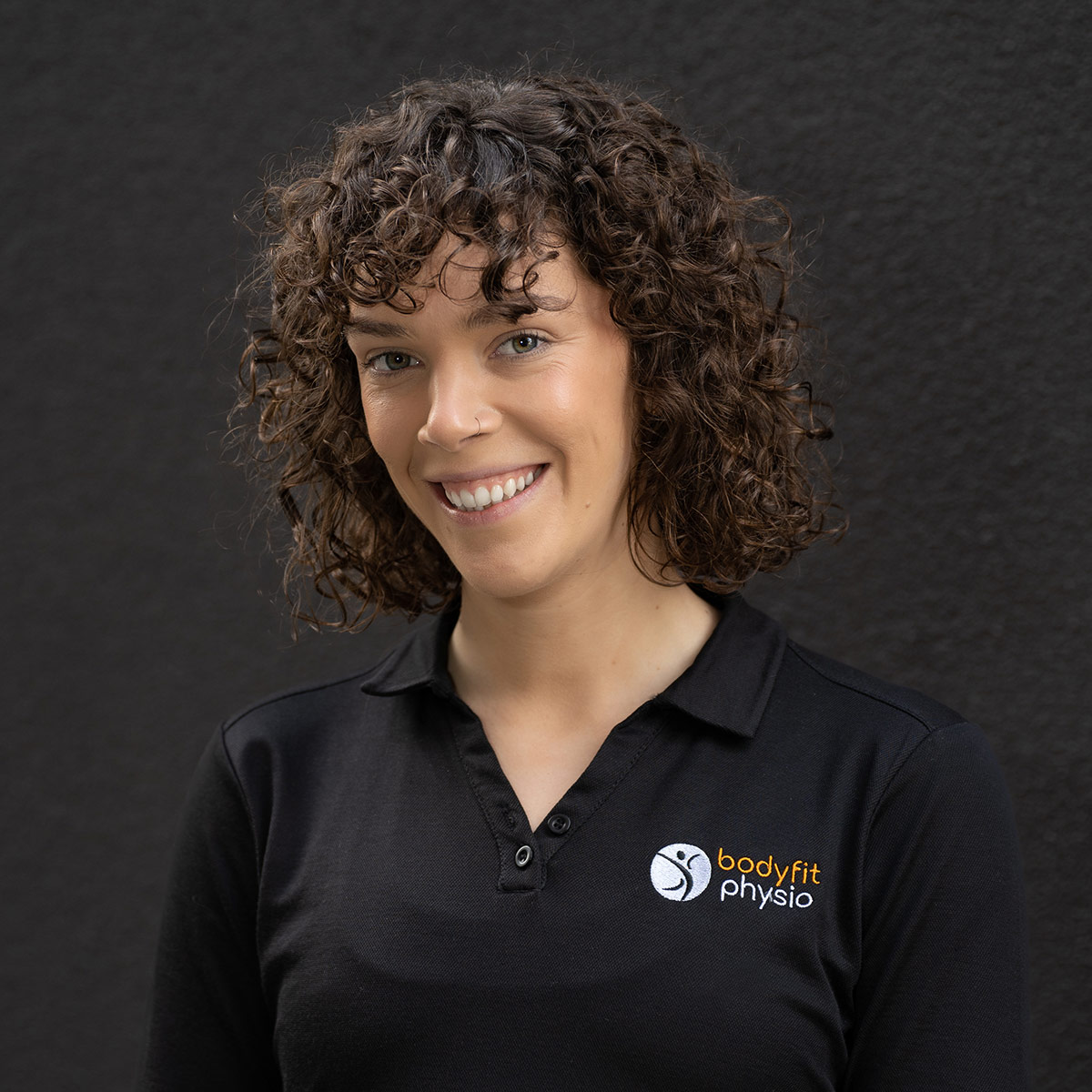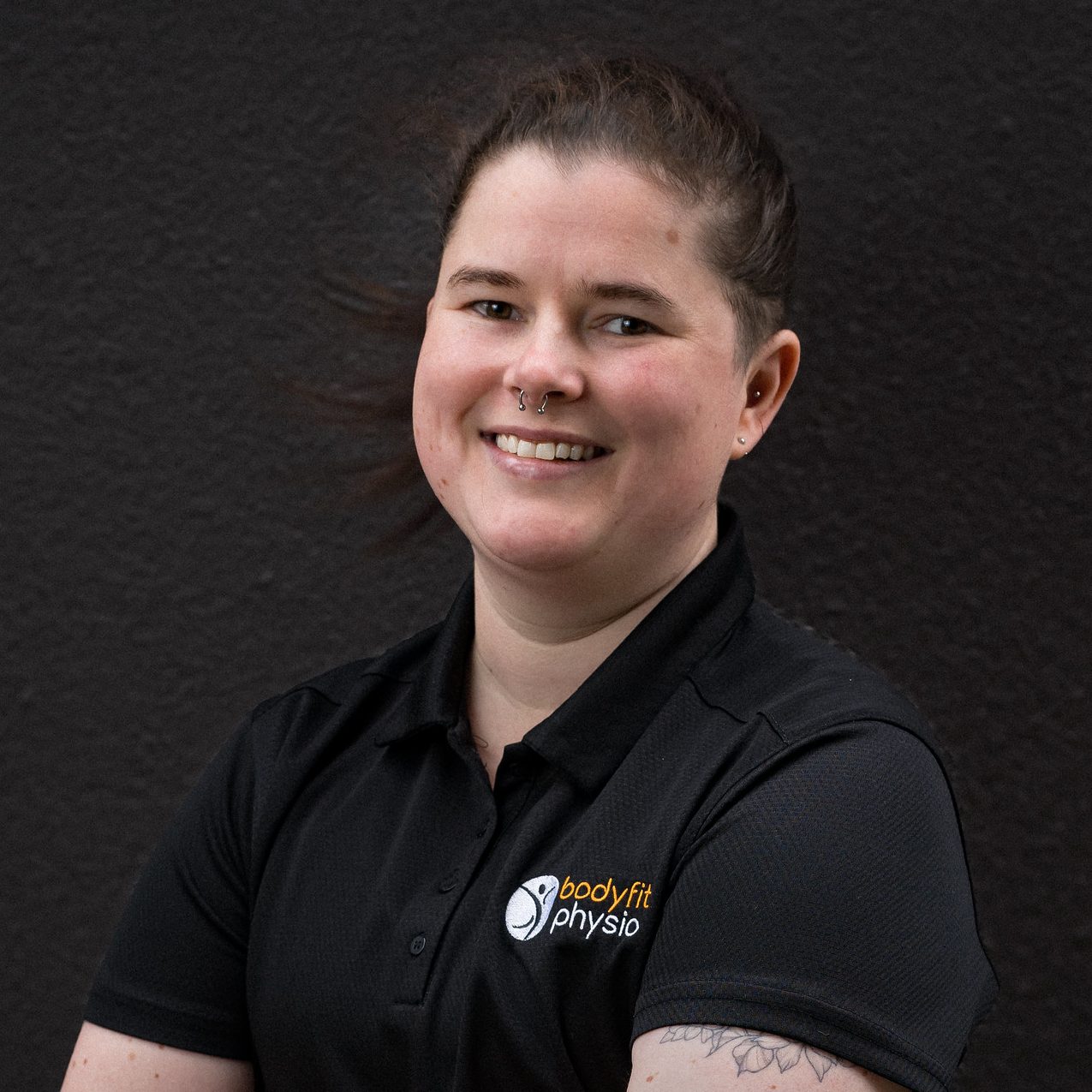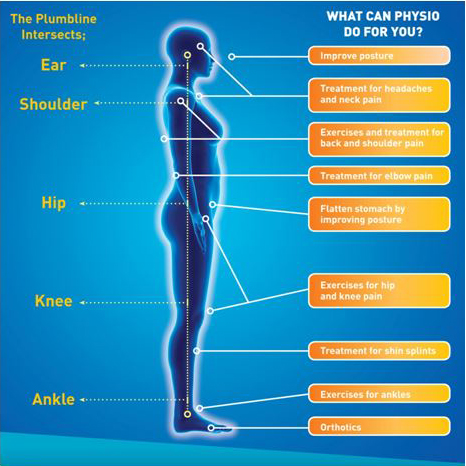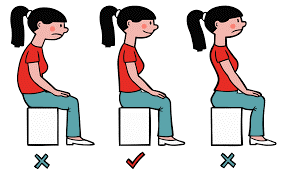
clinical pilates
Get strong the gentle way.
Are you wondering if clinical pilates is for you?
Whether you are young, old, fit, injured, a first-time exerciser or an elite athlete, physiotherapy supervised exercise on Pilates equipment will benefit you. Pilates is a low impact, dynamic method of exercise. It works by optimizing the way we use our bodies every day and improves movement patterns to help us move efficiently. You will use specialised equipment that uses spring resistance and pulleys to make muscle stabilisation either easier or harder with the emphasis on correcting any specific areas of dysfunction.
Pilates is a great option for anyone, as the exercises are modified so that they will benefit almost anyone at any stage. They are useful in helping rehabilitation following an acute injury or surgery; in women’s health; for sports rehab; for individuals with chronic pain; longstanding injuries or postural issues; and, for HEALTHY people who want to help prevent future injury or improve their core strength.
Why is Clinical Pilates different from going to the gym or Studio Pilates?
Clinical Pilates has a strong focus on movement control, core and joint stability and breathing. We use Pilates to help address specific areas of weakness, tightness posture and control. No movement in itself is bad, and movement doesn’t have to be perfect. We work with our clients to build movement patterns that offer more variety, given the potential to reduce load on joint and muscles that result from less than ideal movement which often becomes repetitive. We often commence with a foundational program to learn efficient movement patterns and build the resistance, challenge and complexity as our clients grow their movement skills.
Gym workouts are great for building strength or working on the cardio system, but may not address strength with flexibility combined or control of movement. There is a risk of muscular imbalances and potential subsequent injuries if the level of exercise is not right for you. Our Clinical Pilates classes are individually tailored to take into account injuries and our client’s needs, unlike Studio Pilates class where the trainer leads the same exercise for everyone in the class.


What to expect with Pilates at Bodyfit Physio
We start with an initial consultation for your physio to complete a thorough assessment to determine your goals and your body’s strengths and weaknesses
2 sessions are usually required to create a pilates program tailored to your individual needs. Running through the exercises with you and getting you familiar with the equipment. Some people like to have additional sessions, or even continue individual Pilates with their physio
Classes are 45mins with a maximum of 4 people in a class, supervised by your physiotherapist who helps and guides you on your journey to care for your body
Classes are also claimable through private health insurance. Class timetable
Through regular practice and maintenance, you can expect to remain relatively pain-free and put an end to those annoying aches. So, whether you’re an office worker with sore neck and shoulders, a new mum wanting to strengthen up your tummy or an elite sportsperson, do yourself a favour and come in and see us for an individualised Pilates programme.
are you ready to improve your health?
Choose your physiotherapist

Daniel Walker (he/him)

Hilary McAdam (she/her)
Emilija Olsen (she/her)
BAppSc, MPhysioPrac
Ante/Post natal, Hypermobility/EDS, Dance and Performing Arts, Dry Needling, General Physio.

Sana Atik (she/her)

Olivia Ganci (she/her)
BBMed MPhysioPrac
Paediatrics, Lower Limb injuries, Falls and Balance, General physio

Ben McQueen (he/him)
clinical pilates Blog
Hacks for eating more fruit and vegetables
Many people have heard of the ‘5 and 2’ diet, made popular by British doctor and journalist Michael Mosley but few remember the original ‘5 and 2’; 5 veg and 2 fruit each day. Technically it’s ‘between 5 and 6 veg depending on your age and gender and 2 fruit’ but...
What does good posture look like?
- Your spine is not straight but rather has 3 curves when viewed from the side. Telling yourself to “stand up straight” is not often helpful.
- Improving your posture has the potential to resolve pain issues, improve your appearance, and increase the strength of your core muscles.
Sitting Posture
Slumping is wrong, so I should sit up straight, right? Well – no… At Bodyfit Physio we believe ‘good posture’ is an efficient posture. An efficient posture balances your body parts one on top of another, engaging your core, but using a minimum of muscular activity, so...
frequently asked questions
do I need a referral for physiotherapy?
No referral is needed for Physiotherapy. GPs frequently recommend physiotherapy, but a referral is not needed unless you are receiving funding under a GP management plan, GPMP (or Team Care Arrangement, previously known as an EPC). See the next answer for more details about the GPMP.
what should I expect in a physiotherapy assessment?
The first question we ask is “What are your aims for physiotherapy?”
We want to work with you in a way that is most helpful for you. Your physiotherapist will take a detailed history, asking you a number of questions about what has been happening for you. They will conduct a thorough assessment of your joints, posture, strength and any specific activities and movements that are relevant to your issue.
Common management approaches we use:
- Problem solving around how to best manage your symptoms / issues
- Sharing exercises that you can do at home so that you can help yourself
- Hands on treatment to improve your symptoms and mobility
- Supervised specially tailored exercise with our Pilates equipment to help you build specific strength in a supported environment if you and your physio think this would be helpful for you.
is physiotherapy covered under medicare?
Physiotherapy is only covered under Medicare under a GP management plan, GPMP (or Team Care Arrangement, previously known as an EPC). This is a specific program for people who have a chronic and complex medical condition. It provides a rebate of $57 for up to 5 sessions total per calendar year for allied health services such as Physiotherapy, Dietetics, Podiatry and more. Your GP can tell you if you are eligible for the plan. We have limited bulk billing appointments available for concession card holders.
can I use my private health insurance?
The majority of our clients are privately funded. Many have private health insurance which can be claimed on the spot with our HICAPS terminal.
can I access physio under NDIS, workcover, TAC, DVA
Yes we are able to bill directly for NDIS, Workcover, TAC, DVA.
what should I bring with me / wear
It is helpful for you to bring any relevant letters or reports regarding your issue or investigations you have had done.
Ideally wear clothes that allow you to move and allow the body part you would like addressed to be seen. We have shorts available in case you forget. Avoid dresses for low back pain, collars for neck pain and jeans for knee pain.
If you have a foot or running issue, please bring your usual shoes.

Sana Atik (she/her)
B Physio
Sana graduated with a Bachelor of Physiotherapy from Australian Catholic University in Brisbane. She is a dedicated physiotherapist with a passion for holistic healthcare.
Prior to physiotherapy, Sana built a decade-long foundation in the wellness field, working as a qualified massage therapist, yoga teacher and Pilates instructor. This diverse experience has shaped Sana’s comprehensive, integrative approach to physiotherapy, combining manual therapy, exercise prescription, Pilates, breathwork, and yoga restorative practices to meet the unique needs of each individual.
Sana has also worked in both acute and rehabilitation settings, where she managed and treated a wide range of complex and general conditions including orthopaedic, spinal, cardiac, neurological, reconditioning and chronic conditions.
Sana is passionate about treating musculoskeletal injuries, rehabilitation, pre- and post-operative care, chronic illness management, and hypermobility. She is deeply committed to supporting clients through every stage of their recovery journey.
Outside of the clinic, Sana enjoys going to the gym, practicing yoga, exploring nature, learning Italian and spending quality time with family and friends.

Juliet Hall (she/her)
Team leader. BSc (Physio)
Juliet loves working with her amazing team to provide high quality physiotherapy care across the clinic. Since graduating from Curtin University in Perth Juliet has gained more than 25 years of experience in all fields of physiotherapy. She finds her broad experience a valuable asset in providing a holistic approach to her client’s health. We love to be able to provide a space where everyone feels safe and cared for. Mums can bring their children to classes so that they can look after themselves. Please tell us what you need to assist you on your journey towards better health.
Juliet is passionate about advocacy for individuals or groups whose needs are not being met within the current system. She spearheaded facilitating the development and roll out of a lecture series for physiotherapists about hypermobility disorders. The Bodyfit Physio team is working to connect hypermobility practitioners through in person and online collaboration. The Bodyfit Paediatric team is working to increase awareness about Developmental Coordination Disorder (DCD), starting with maternal health nurses and Paediatricians, with a view to targeting kinders and schools in the future.
Juliet finds a combination of Pilates, strength training at the gym and taking time out every week just for her to be very beneficial for her own self-care. Juliet primarily works in conjunction with other physios in order to try and have the greatest impact. To book a time with Juliet and her staff please contact 9481 2348. Email Juliet.

Emilija Olsen (she/her)
BAppSc, MPhysioPrac
Emilija graduated with a Masters in Physiotherapy Practice from La Trobe University. Emilija's love of classical ballet and keen interest in human biology and anatomy were the basis of her original decision to become a physiotherapist.
Emilija enjoys incorporating exercise, manual therapy and education to achieve the best possible outcomes for her patients. Emilija is passionate about assisting women on their pre and post-natal journeys. In 2020, she completed a course in the latest management of diastasis recti (abdominal separation). She enjoys working with mothers and expectant mothers to improve their quality of life and achieve their individual goals. Emilija has assisted mums with goals such as safely returning to exercise, increasing strength to be able to lift and carry their baby, reducing pain and improving pelvic floor and abdominal function.
Emilija always works with clients in their own preferred style. Many of her patients find clinical Pilates to be an effective way to achieve their goals. Emilija was selected to undertake a physiotherapy placement with the Australian Ballet during her final year of study. In addition to her 17 years of dance experience, this opportunity allowed her to enhance her knowledge and skills in the treatment of dancers.
Emilija likes treating all musculoskeletal injuries, but has a particular interest in pre and post-natal management, treating ankles, knees, back pain, neck pain, and dancers. She enjoys using Pilates in the prevention and treatment of injuries. Emilija is a dry needling certified practitioner. Emilija's name is pronounced "emma-lee-yah", but you are most welcome to call her Em. Email Emilija

Terry Wesselink (she/her)
BSc (Physio); Post Grad Cert (Pelvic floor); Cert IV TAE
Terry has over 25 years of physiotherapy experience and has post graduate qualifications in Pelvic Health Physiotherapy from the University of Melbourne.
She is joining the Bodyfit team to share her extensive experience in pelvic health with the team and to support clients who need help with continence, pelvic floor, prostate or pregnancy related issues. She is also able to assist children who have bladder, bowel or toilet training issues.
Terry previously managed the Victorian Continence Resource Centre where she ran a busy NDIS Continence assessment clinic, and helped create new resources such as the Reclaim Your Core pelvic floor booklets and the www.goagainsttheflow.org.au website to bring pelvic health awareness to young women and teens.
She has delivered numerous toilet training and pelvic floor workshops to health professionals, schools and parents and is the author of a self-help book for people with incontinence, called WeeFree Women.
Terry enjoys assisting people with complex bladder, bowel and pelvic issues. With lived and family experience of Ehlers Danlos Syndrome, she has a specific interest in helping adults and children manage the impact of connective tissue disorders and other chronic conditions on pelvic health. On weekends you will find Terry in her garden watching her bees, listening to the birds or in a nearby café enjoying a cup of coffee.

Hilary McAdam (she/her)
BSc, MPhysioPrac
Hilary is a La Trobe University graduate with a Masters of Physiotherapy Practice. She also completed an undergraduate degree in the USA whilst competing as a Division I Track and Field athlete.
Through personal experience and bouts of injury as a runner, Hilary has found a passion in improving the well-being of others and has developed a growing interest in the biomechanics of the lower limb in running with an emphasis of preventing injuries and improving technique.
Hilary also enjoys exploring movement with kids and teens and uses fun, goal-oriented games and activities to support each child, whilst drawing from experience as a swimming teacher and running youth fitness and skill development classes. She has a special interest in helping children and teens manage the impact of connective tissue disorders and those with Development Coordination Disorder (DCD). Hilary is passionate about encouraging everyone to be active and engage with the world in a physical sense and is committed to listening to each person’s story and understanding their individual goals to develop a shared plan that everyone believes in and can take ownership of. Hilary uses a mixture of both hands on and exercise-based treatment methods and enjoys using Pilates in the prevention and treatment of injuries.
Outside of the clinic you’ll find her cycling everywhere, running, playing the piano, and enjoying live music with friends on the weekend.




